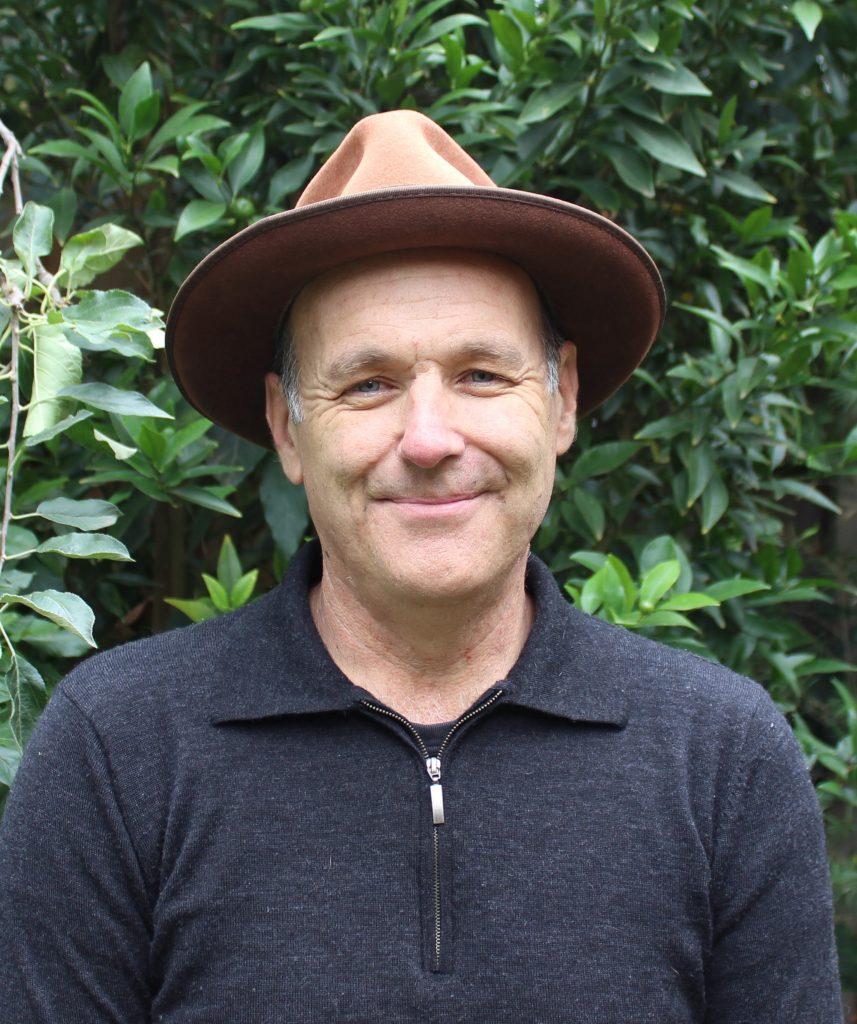Why a School of Political Economy?
The School of Political Economy (SPE) was established in 2019 to provide high-quality tertiary-level courses in economics education, and closely related disciplines at an affordable cost. The rationale for doing this was to increase the competitive pressure on universities to lift their game, to demonstrate to universities the strong demand that exists for a reformed economics curriculum, to build the capacity and confidence of university students to push for curricular reform, to assist academics to formulate and teach a reformed economics curriculum, to better inform working economists of what they may have missed out on during their own education, and to better identify the types knowledge, skills and attributes that are most relevant to consider when employing economists.
The university economics curriculum has been regularly criticised for its lack of plurality and interdisciplinarity by students, business and society at large. Indeed, in no other academic discipline do students so regularly, and so widely, express deep dissatisfaction with the content of what they are taught (see the ISIPE open letter for example). There is ongoing work being done across the world in trying to remedy this situation (see the New Economics Education Network to get a sense of the range of this work). SPE plays a particular role inside this larger network.
Political Economy versus economics
Political economy is the preferred term for most of the content taught at SPE, though the interdisciplinary nature of economic phenomena means that we also offered some dedicated subjects in other areas such as political science. We generally prefer the term ‘political economy’ over similar terms such as ‘heterodox economics’ for several reasons, including that political economy was the original name for economics, and given that much of that early pioneering work was far more interdisciplinary and pluralist than contemporary economics, it is appropriate to explicitly link back to this intellectual lineage and nomenclature.
Modern political economy studies the social provisioning process: how society does (and does not) get the goods and services it needs to flourish. Political economy is ‘economics in context’ in that it regularly incorporates the social, political and environmental context in which economic activity occurs. Much work in political economy is progressive in nature, seeking to better understand the world in order to improve it.
Political economy has common ground with economics in that it studies the production and distribution of goods and services and so whilst the primary focus is on teaching the various schools of political economy, SPE courses always include a solid (albeit largely non-technical) introduction the theoretical and conceptual foundations of mainstream (neoclassical) economics. This pluralist approach is appropriate for a number for several reasons, including that fact that it increases one’s capacity to make informed choices between rival claims about the causes of, and solutions to, various economic and social challenges.
PEOPLE
DR Tim Thornton
Tim established the School of Political Economy in 1999. He is a Senior Research Fellow at theEconomics in Context Initiative at Boston University and the Global Development Development and Environment Institute at Tufts University. He is also a member of the Advisory Council at the Centre for Economy Studies in the the Netherlands and a member of the Editorial Committee at the Journal of Australian Political Economy.
Tim has extensive teaching and curriculum design experience in economics, political economy and economic history, including two teaching awards from Monash University. Much of Tim’s research has been on pluralism and interdisciplinarity, His most recent books have been the co-edited Handbook of Alternative Theories of Political Economy (Edward Elgar 2022) and the co-written textbookEssentials of Economics in Context (Routledge 2020).
Tim has been consultant in the area of political economy and economics for Friends of the Earth International, RMIT University and Australian Catholic University. He has published articles for The Age, Sydney Morning Herald and The Guardian. His analysis has been featured on Radio National’s Big Ideas.
Tim holds a Ph.D. in Economics (La Trobe University), a Master of International Development (Monash University) and a Graduate Diploma in International Development (Monash University). Tim currently teaches the full sequence of subjects in political economy from SPE101 to SPE105. You can view his full C.V.here.

